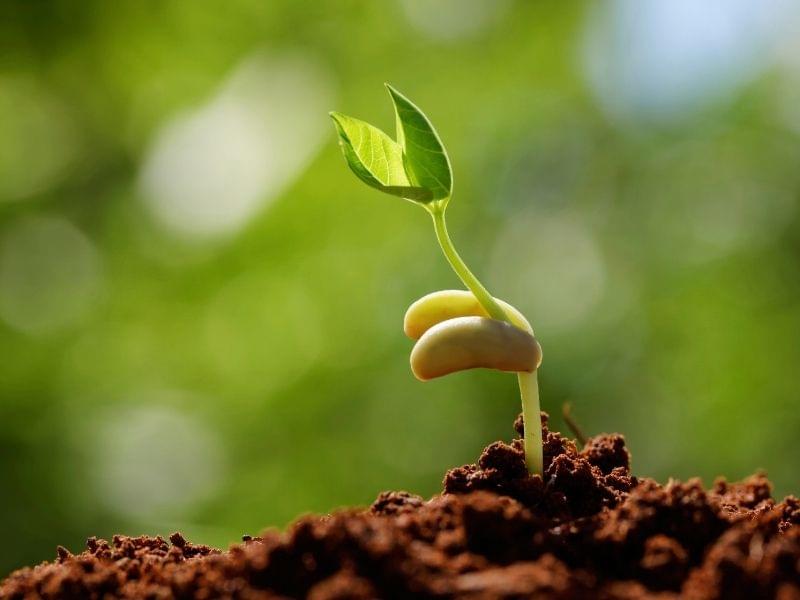Terrestrial Ecotoxicology
Smithers offers a full terrestrial ecotoxicology testing program with studies routinely performed on plants, beneficial arthropods, insects and invertebrates, earthworms, and soil microflora

Planting density used for non-target terrestrial plant exposures has become a hotly debated topic, particularly as regulatory agencies move to require lower planting densities. Historically, vague wording in OECD TG 208 and 227 required significant interpretation such that testing laboratories may opt for higher planting densities when conducting exposures. Higher planting densities are more attractive for several reasons, including management of resources and physical capacity, as well as known historical performance and ability to meet acceptability criteria.
In this complimentary 30-minute webinar, Senior Research Biologist Ashlee Kirkwood discusses our experience in conducting studies using lower planting densities. The data includes vegetative vigor trial exposures conducted to determine sensitivity differences at higher and lower planting densities, and control data from seedling emergence and vegetative vigor tests conducted using a one plant per pot planting density. She discusses challenges related to the increased replication and decreased numbers of plants used to meet lower planting densities.
Now available for on-demand viewing.
Ashlee Kirkwood began working at Smithers in 2007 as an Assistant Biologist and is now a Senior Research Biologist responsible for managing the Aquatic and Terrestrial Plant Ecotox group. She relies on broad testing experience to assess toxicity, quality control, efficacy, algae, and non-standard plants and to design mesocosm/microcosm studies.